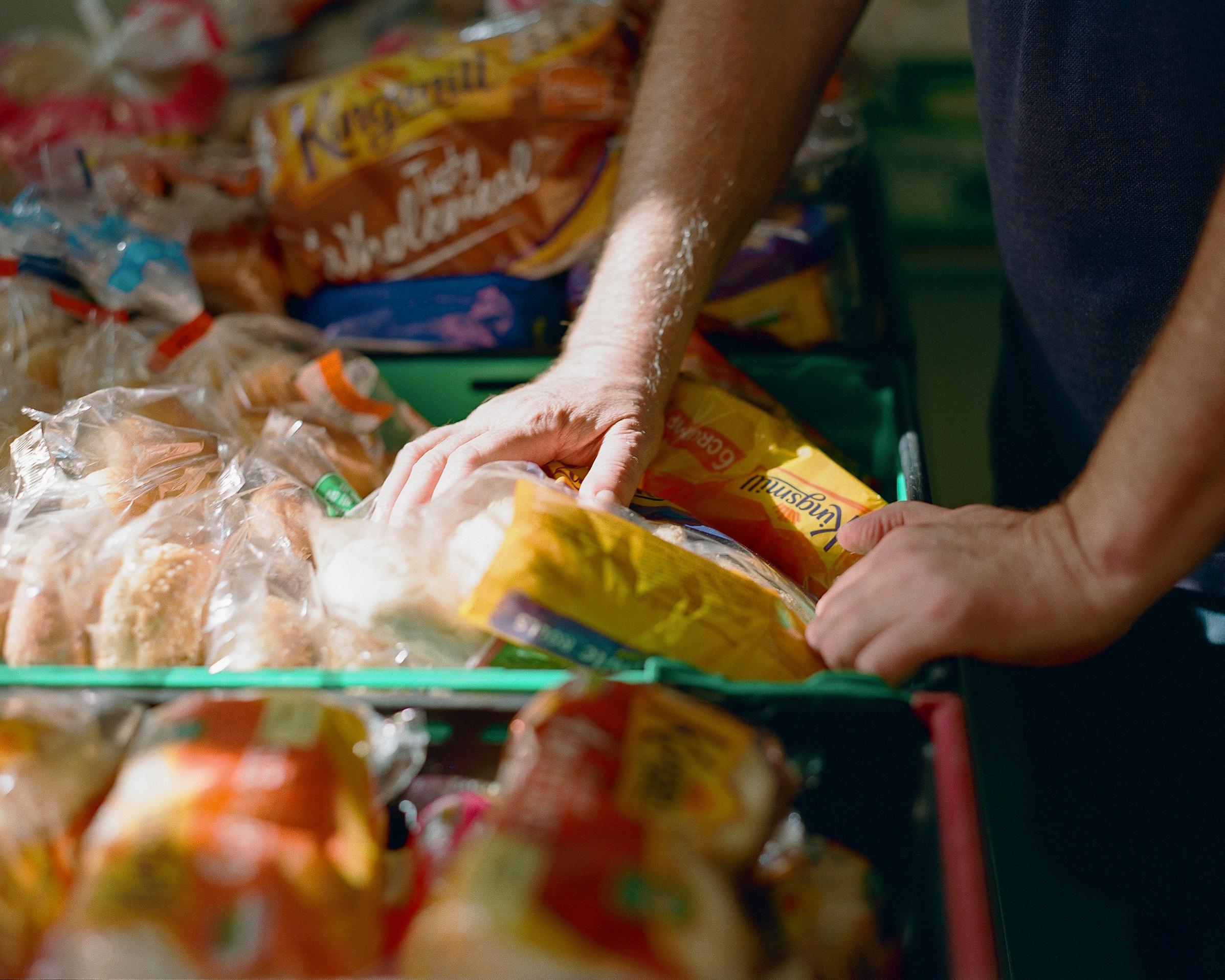What is poverty?
Poverty is when your resources are well below your minimum needs.
How does JRF define poverty in the UK?
Poverty affects millions of people in the UK. Poverty means not being able to heat your home, pay your rent, or buy the essentials for your children. It means waking up every day facing insecurity, uncertainty, and impossible decisions about money. It means facing marginalisation – and even discrimination – because of your financial circumstances. The constant stress it causes can lead to problems that deprive people of the chance to play a full part in society.
How is poverty measured in the UK?
There is no single best measure of poverty. It is a complex problem that needs a range of measures telling us different things.
Measures include:
- JRF’s Minimum Income Standard (MIS) – MIS itself is not a measure of poverty, but is what the public has told us is sufficient income to afford a minimum acceptable standard of living
- relative income poverty, where households have less than 60% of contemporary median income
- absolute income poverty, where households have less than 60% of the median income in 2010/11, uprated by inflation
- material deprivation, where you can’t afford certain essential items and activities
- destitution, where you can’t afford basics such as shelter, heating and clothing.
Relative and absolute poverty can be presented before and after housing costs (these include rent or mortgage interest, buildings insurance and water rates) and are presented after direct taxes and National Insurance, including Council Tax.
What causes poverty in the UK?
The causes of poverty are things that reduce your resources or increase your needs and the costs of meeting them. Some of these causes can also be consequences, creating a cycle that traps you. Life events and moments of transition – getting sick, bereavement, redundancy or relationship breakdown – are common triggers for poverty.
Some of the causes of poverty in the UK today are:
- unemployment and low-paid jobs lacking prospects and security (or a lack of jobs): too many jobs do not provide decent pay, prospects or security. Many places have concentrations of these jobs or do not have enough jobs. Low pay and unemployment can also lead to inadequate savings or pensions
- low levels of skills or education: young people and adults without the necessary skills and qualifications can find it difficult to get a job, especially one with security, prospects and decent pay
- an ineffective benefit system: the level of welfare benefits for some people – either in work, seeking work or unable to work because of health or care issues – is not enough to avoid poverty, when combined with other resources and high costs. The benefit system is often confusing and hard to engage with, causing errors and delays. The system can also make it risky and difficult for some to move into jobs or increase their working hours. Low take-up of some benefits also increases poverty
- high costs: the high cost of housing and essential goods and services (e.g. credit, gas, electricity, water, Council Tax, telephone or broadband) creates poverty. Some groups face particularly high costs related to where they live, increased needs (for example, personal care for disabled people) or because they are paying a ‘poverty premium’ – where people in poverty pay more for the same goods and services
- discrimination: discrimination against people because of their class, gender, ethnicity, disability, age, sexuality, religion or parental status (or even poverty itself) can prevent people from escaping poverty through good qualifications or jobs, and can restrict access to services
- weak relationships: a child who does not receive warm and supportive parenting can be at higher risk of poverty in later life, because of the impact on their development, education and social and emotional skills. Family relationships breaking down can also lead to poverty
- abuse, trauma or chaotic lives: for small numbers of people, problematic or chaotic use of drugs and alcohol can deepen and prolong poverty. Neglect or abuse as a child or trauma in adult life can also cause poverty, as the impact on mental health can lead to unemployment, low earnings and links to homelessness and substance misuse. Being in prison and having a criminal record can also deepen poverty, by making it harder to get a job and weakening relationships.
Consequences of poverty in the UK
Some of the consequences of poverty are:
- health problems
- housing problems
- being a victim or perpetrator of crime
- drug or alcohol problems
- lower educational achievement
- poverty itself – poverty in childhood increases the risk of unemployment and low pay in adulthood, and lower savings in later life
- homelessness
- teenage parenthood
- relationship and family problems
- biological effects – poverty early in a child’s life can have a harmful effect on their brain development

This explainer is part of the deep poverty and destitution topic.
Find out more about our work in this area.